Independence of advocacy and accountability of expertise: different models, shared responsibility
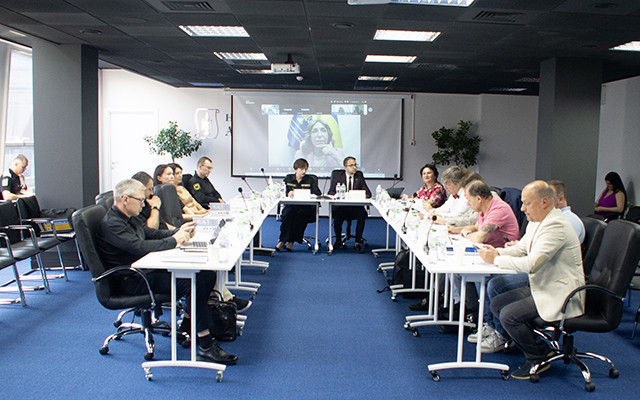
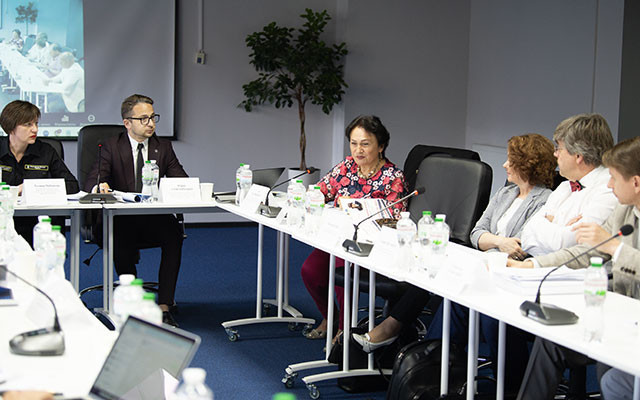
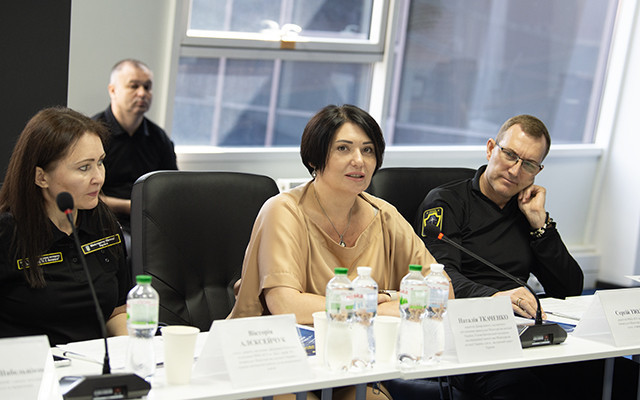
Two different models of professional organization coexist in Ukraine: advocacy with established self-government and judicial and expert activities that remain under state control. How can approaches be balanced, the openness of expert opinions ensured, and effective interaction between specialists established?
These issues were discussed during the round table «Standards of professional conduct for advocates and judicial experts: problems and solutions», organized and conducted by the Ministry of Justice, the National Scientific Center «Institute of Forensic Expertise named after Prof. M. S. Bokarius», and the Ukrainian National Bar Association.
The fundamental difference between the organization of advocacy and forensic expertise in Ukraine was emphasized by Lidiya Izovitova, the President of the UNBA, BCU. Advocacy operates according to a model of professional self-government, which provides for complete institutional autonomy: access to the profession, disciplinary procedures, and rules of ethics are determined exclusively by bodies formed by the advocates themselves. This approach is in line with European constitutional standards approved by the Venice Commission and is an international obligation of Ukraine to the Council of Europe, enshrined in PACE Opinion No. 190 of 1995.
This was further confirmed by the Council of Europe Convention on the Protection of the Profession of Lawyer, adopted in March this year, which establishes five key obligations of the state: guarantees of independence, security for advocates, respect for self-regulation, protection against abuse of disciplinary responsibility as a means of pressure, and institutional recognition of the advocacy profession as a key institution of democracy. The current Ukrainian Law on Advocacy and the Practice of Law fully complies with these requirements, which shows that Ukraine chose the right path back in 2012.
In contrast, forensic expertise in Ukraine operates under a centralized departmental model that combines state control with departmental fragmentation. Centralization is manifested through the subordination of experts to the Ministry of Justice, which conducts certification through the CECC and controls disciplinary procedures. At the same time, departmentalization is expressed in the functioning of expert institutions in seven different ministries and departments with over 40 legal entities, each with its own methodologies and standards. This model creates a systemic conflict: centralized state control is combined with fragmented implementation, leading to a lack of institutional independence, the possibility of conflicting conclusions on the same issue, and the subordination of experts to the very bodies whose decisions they are supposed to evaluate. The result is a system where experts depend on the executive branch in all aspects of their professional activities, which contradicts the principles of independence and objectivity of forensic expertise.
According to L. Izovitova, this model does not ensure institutional independence and creates risks of conflict of interest. This is confirmed by the practice of the European Court of Human Rights, whose decisions recognize that the subordination of experts to investigative bodies violates the principle of fair trial and equality of the parties.
The President of the UNBA, BCU, noted that due to the complexity of expert methodologies, which remain a «black box» for most participants in the process, advocates should be particularly interested in transparency and cooperation with experts. Open approaches to research, the possibility of alternative expertise, and constructive professional dialogue should guarantee the parties to the case the effective realization of their right to defense, especially given the court's discretionary power to appoint or refuse repeat expert examinations.
L. Izovitova stressed that the independence of the advocacy and the development of partnership with experts is not a corporate benefit, but a fundamental prerequisite for fair justice and compliance with international standards.
Serhiy Tyulenev, Director of the NSC, focused on practical tools to facilitate better interaction between experts and advocates. He announced that a number of steps are planned to be implemented by the end of the year in cooperation with the UNBA, including the launch of a hotline for judicial and expert support.
This pilot project is already operating at the institute and allows users to ask questions about the type of expertise required, the correct wording of questions, and the list of documents needed to request an expert examination. This service should simplify the preparation of procedural documents and reduce the risk of errors in the appointment of experts.
The second area he mentioned concerns the discussion of issues related to the regulatory framework for expert and legal activities. In particular, attention will be paid to the topics of disciplinary responsibility, the division of powers, and the improvement of professional skills of experts. These issues are also being considered in the context of reforms related to Ukraine's integration into the European Union.
The colleague was supported by Natalia Tkachenko, the director of the Department of expert support for justice of the Ministry of Justice and chairman of the Central expert qualification commission. She stressed that open dialogue between advocates and experts is needed today more than ever. According to the representative of the regulator, the current regulatory framework for expert activities needs to be updated: some important initiatives were suspended with the start of the full-scale war and now need to be revived.
She drew particular attention to draft law No. 6284 of November 5, 2021 «On Judicial Expertise», which contains important innovations for the industry. However, she said that the times call for even more decisive changes, and the provisions of the draft law need to be revised in line with current challenges. N. Tkachenko emphasized that the Ministry of Justice is interested in developing expertise as a tool not only for law enforcement agencies, but also for the defense and the court. Therefore, constructive proposals from the professional community should form the basis for further steps in improving legal regulation.
Without professional expert opinion, it is often impossible to reach objective conclusions in civil, criminal, and administrative disputes. The importance of high-quality expertise was emphasized by Volodymyr Vatras, a member of the Verkhovna Rada Committee on Legal Policy.
Speaking about the state of advocacy, he noted that the current law effectively protects the professional rights of advocates and provides for an effective mechanism for disciplinary accountability, which is entirely in the hands of the advocacy community itself. According to him, this model is a significant step forward compared to the previous practice, when qualification and disciplinary commissions included representatives of state authorities and the prosecutor's office. The MP expressed his conviction that a similar approach should be introduced for court experts, so that disciplinary issues are resolved by a body composed exclusively of representatives of the expert community. V. Vatrass emphasized that, as a representative of the relevant Committee of the Verkhovna Rada, he was looking forward to receiving proposals from the round table participants for further work on the legislative regulation of this issue.
During the event, participants were presented with a pilot project of the ISEC hotline for forensic expert support, followed by a discussion on specific topics in a question-and-answer format. A lively discussion was initiated by Ihor Fomin, member of the Committee on Human Rights Protection, on the format and status of preliminary consultations between advocates and experts (in particular in the context of ensuring the principle of adversarial proceedings and respect for attorney-client privilege), as well as the significance of expert opinions in the context of evidence in criminal proceedings.
The roundtable discussion confirmed that the independence of the advocacy profession and the proper organization of forensic activities are interrelated elements of effective justice. While the legal community already has a well-established model of professional self-governance recognized at the European level, the expert sphere still needs to update its rules and strengthen its institutions.
«We held this round table so that advocates and forensic experts could openly discuss problematic issues in their interaction and jointly develop approaches to solving them, - commented Violleta Fedchyshyna, the chairman of the UNBA Committee on Expert Support for Advocacy, who initiated the professional discussion. - Our goal is to promote the formation of clear and effective standards of cooperation that will help ensure high-quality expert support and, at the same time, guarantee the observance of the rights of the parties in the judicial process. We plan to continue such meetings in the future, involving advocates, experts, and representatives of law enforcement and judicial authorities in the dialogue».
The introduction of new support services for advocates, the development of an open dialogue between experts and lawyers, the improvement of disciplinary procedures, and the alignment of legislation with modern challenges should all become the shared responsibility of professional communities and the state.
The ultimate goal of these changes remains the same: to ensure fair trials, equality of the parties, and strengthen public trust in the legal system.
Popular news
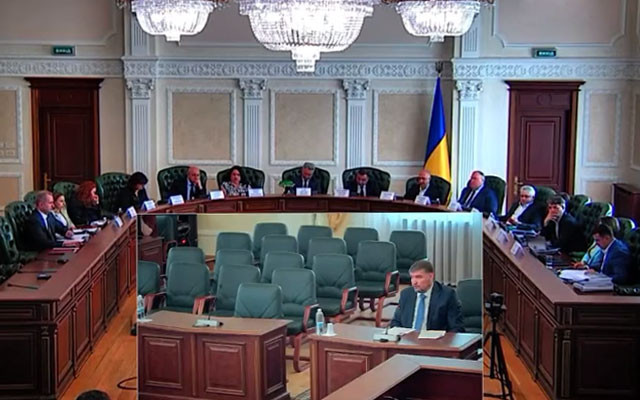
Guarantees of the practice of law
BCU reports interference by a member of the High Council of Justice in the activities of a lawyer and submits officia…
The Bar Council of Ukraine, having considered the statement of advocate Oleksandr Vikhrov, established the fact of interference by Roman Maselko, a member of the High Council of Justice, in the advocacy activities, violation of attorney-client privilege, and exceeding his powers in evaluating a candidate for the position of judge.
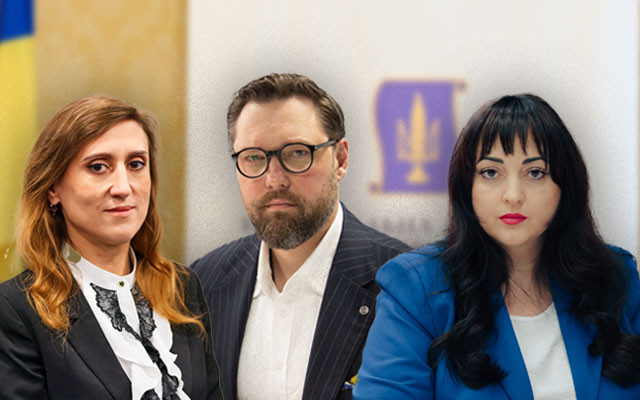
Self-government
BCU selected candidates for membership of the Competition Commission for the selection of members of the HQCJ
In accordance with Article 95-1 of the Law of Ukraine «On the judicial system and status of judges», the Bar Council of Ukraine proposed three candidates to the High Council of Justice for consideration as members of the Competition Commission to conduct a competition for the position of member of the High Qualification Commission of Judges of Ukraine under the BCU quota.
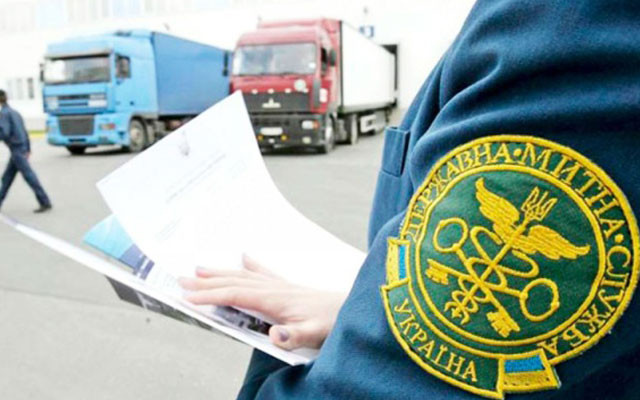
Legislation
DIC and customs control: advocates warn against the risks of draft law No. 13421
Ukrainian defense companies face bureaucratic delays in importing components, which could critically affect the timing of government contracts. At the same time, the mechanism proposed in the Verkhovna Rada creates risks that could outweigh the potential benefits for the industry.
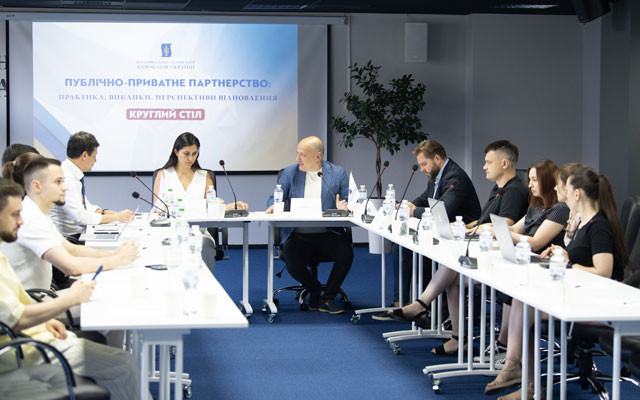
Discussion
Partnership for reconstruction: UNBA discusses new law on PPPs
Public-private partnerships are considered one of the key tools for Ukraine's recovery, but in practice, their mechanisms remain complex, poorly understood, and often ineffective.
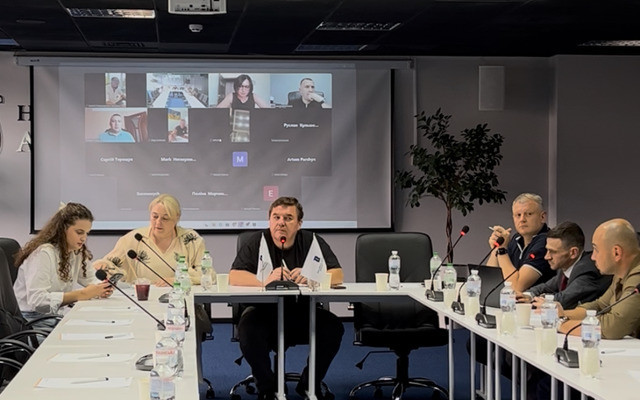
Guarantees of the practice of law
Defended police officers — ended up in the army: advocate mobilized while performing his duties
An advocate specializing in defending the rights of law enforcement officers and who had repeatedly won cases against the police was mobilized while performing his professional duties. The day before, a report appeared in the Oberig registry stating that he had violated military registration rules, and his current deferral was canceled. The advocate was detained, taken to the TCC and the SS, beaten and sent to a military unit.
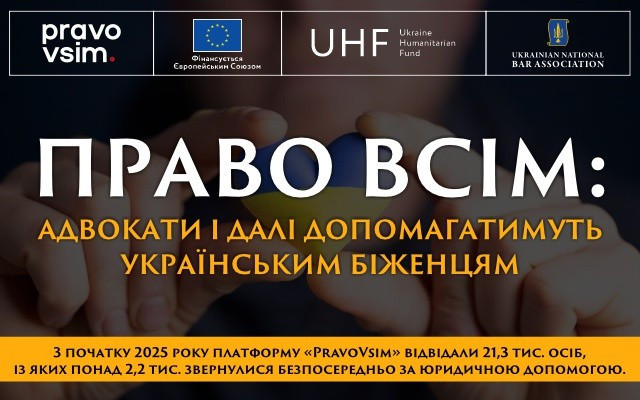
Support
Ukrainians will be assisted in submitting applications to the RD4U damage registry
Ukrainians who have suffered damage as a result of Russian aggression can receive free assistance in preparing applications to the Register of Damage for Ukraine (RD4U). This support is being provided by the legal platform PravoVsim.

Announcements
The BCU has begun accepting documents from candidates for the Competition Commission for the selection of members of the HQCJ
The Bar Council of Ukraine announces the start of accepting documents from candidates who wish to be elected to the Competition Commission for the selection of members of the High Qualification Commission of Judges under the BCU quota.
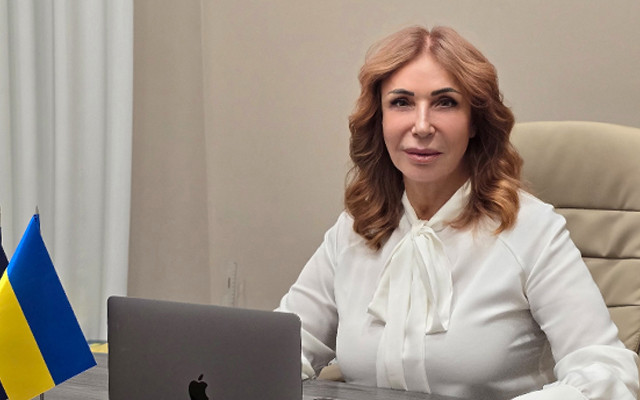
Legislation
Venice Commission warned of risks of changes to disciplinary procedures for Ukrainian judges
The European Commission for Democracy through Law (Venice Commission) and the Council of Europe Directorate for Human Rights and Rule of Law are preparing an assessment of draft laws concerning the judicial system and the status of judges in Ukraine.
Publications

Ihor Kolesnykov A BRIEF SUMMARY REGARDING THE APPLICATION OF THE ORDER ON EXTENDED CONFISCATION IN LATVIA REGARDING FINANCIAL ASSETS OF…

Valentyn Gvozdiy WORKING IN A WAR ZONE

Lydia Izovitova Formula of perfection

Sergiy Vylkov Our judicial system is so built that courts do not trust advocates

Iryna Vasylyk Advocacy in the proclamation of Independence of Ukraine

Oleksandr DULSKY When we cross the border of the Supreme Anti-Corruption Court, we get into another department of the National Anti-Corruption…

Vadym Krasnyk The UNBA will work, and all obstacles and restrictions are only temporary inconveniences

Lydia Izovitova Interview with Lydia Izovitova on the occasion of the 8th anniversary of the founding of UNBA: We are the voice of t…
